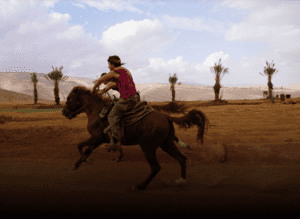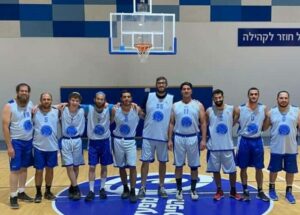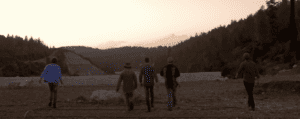Some fifteen kilometers northwest of Jerusalem, in the small town of Adam, there’s a tiny oasis of nature where hundreds of schoolchildren can escape from their computer screens a couple of hours every week.
“Now all the trees of the field were not yet on the earth and all the herb of the field had not yet sprouted for HaShem, G-d had not sent rain upon the earth and there was no man to work the soil.” (Genesis 2:5)
“Isaac went out to converse in the field toward evening and he saw, and behold, camels were coming. And Rebecca raised her eyes and saw Isaac, she inclined while on the camel.” (Genesis 23:63-4)
It is from these verses that Siach Hasadeh, derived its name. Siach can mean both plant or conversation and Hasadeh means the field. Yossi Yitzhaki, the director of Siach Hasadeh sees working the land as a holy occupation for man to serve and communicate with G-d.
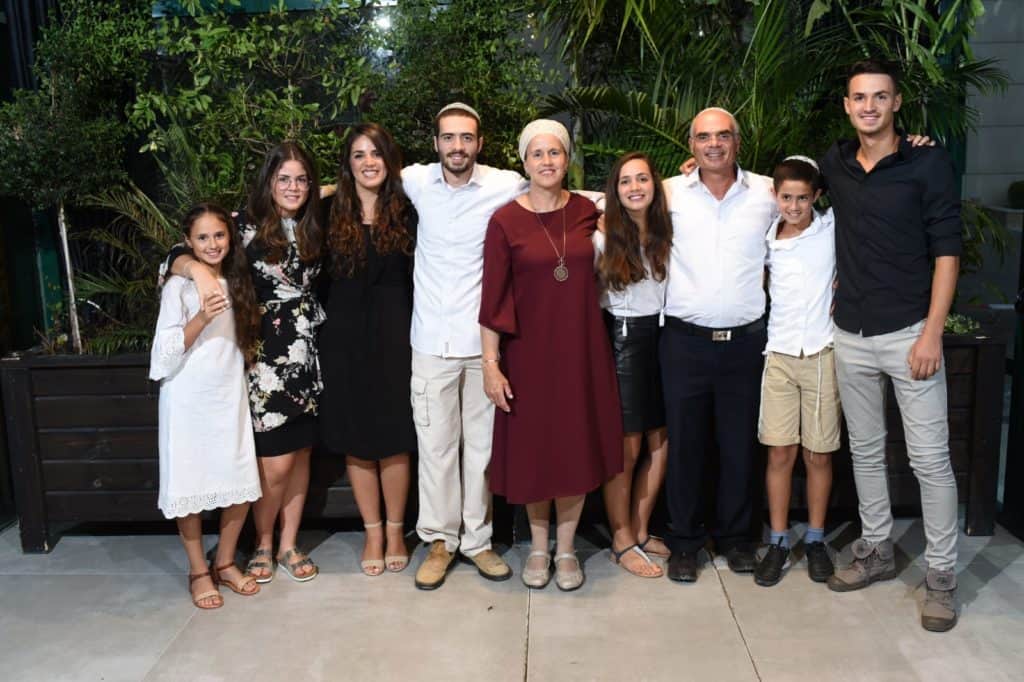
Born in 1964, Yossi was a city boy growing up in Kiryat Gat. However, his home was on the ground floor and included a garden.
Yossi reminisced, “It was from my mother that I learned to love agriculture as she was always planting and harvesting in our small yard. It was from my father that I learned the value of not wasting anything.”
Their passions fostered Yossi’s dream of establishing Siach Hasadeh.
After years of teaching in both special-ed and mainstream classrooms, running agricultural programs, and establishing a special education school Yossi witnessed first-hand the frustrations many children had in the classic classroom. Knowing that many could benefit from connecting with nature Yossi made his vision became a reality four years ago. With the support of the Department of Education and the regional council the school began with the planting of two trees by Rabbi Shmuel Eliayahu, shlita, and Naftali Bennet, then Minister of Education. Old mobile homes were brought to the site. Hothouses were set up. And the program began.
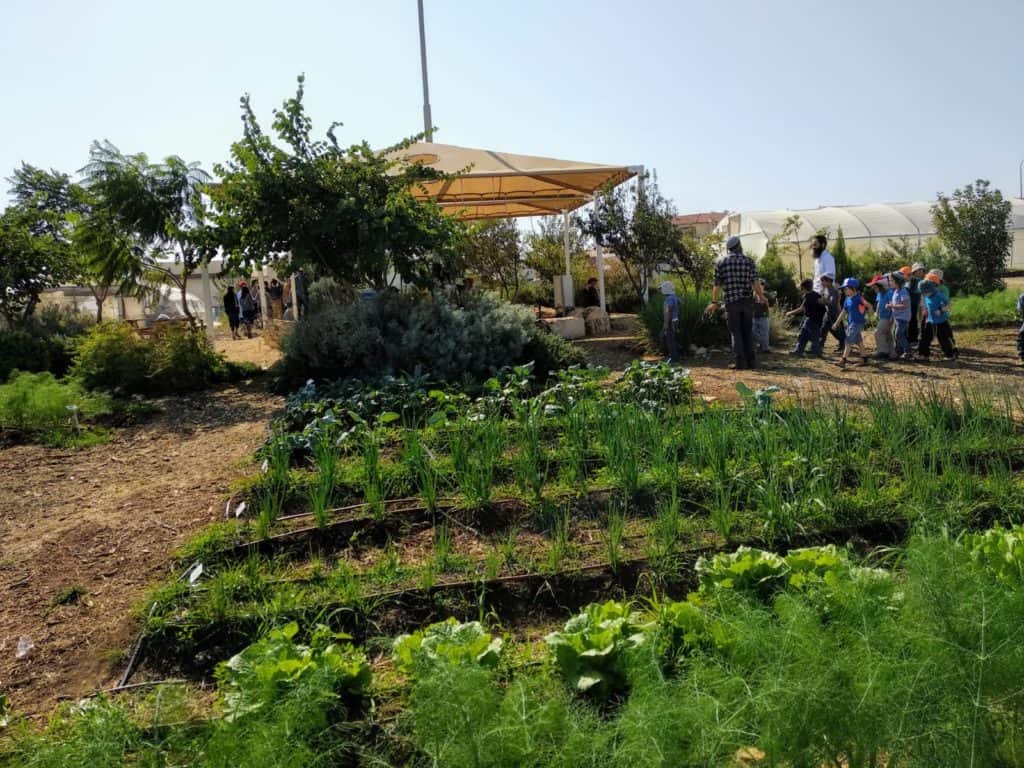
From all over the county, various schools send full classes or small groups of children for the weekly program, lasting for several months or a full school year, depending on the group’s needs. Hand-on activities such as making raisin wine, planting and harvesting vegetables, drying spices, tending to the various small animals, teach the children ecology, recycling, about the ecosystem, laws from the Bible related to the land, and most importantly a love for G-d, the Bible, the Land, and the Jewish people.
Married to Michal and the father of seven children, Yossi and his family live nearby in Kockav Yaacov, a beautiful community in the heart of Israel. Two children are serving in the army, one learns in the University of Ariel and the younger ones live at home. Yossi has degrees in agriculture, education, and organizational management from Weizmann Institute in Rehovot and Lifschultz College in Jerusalem. His staff of seven are just as professional.
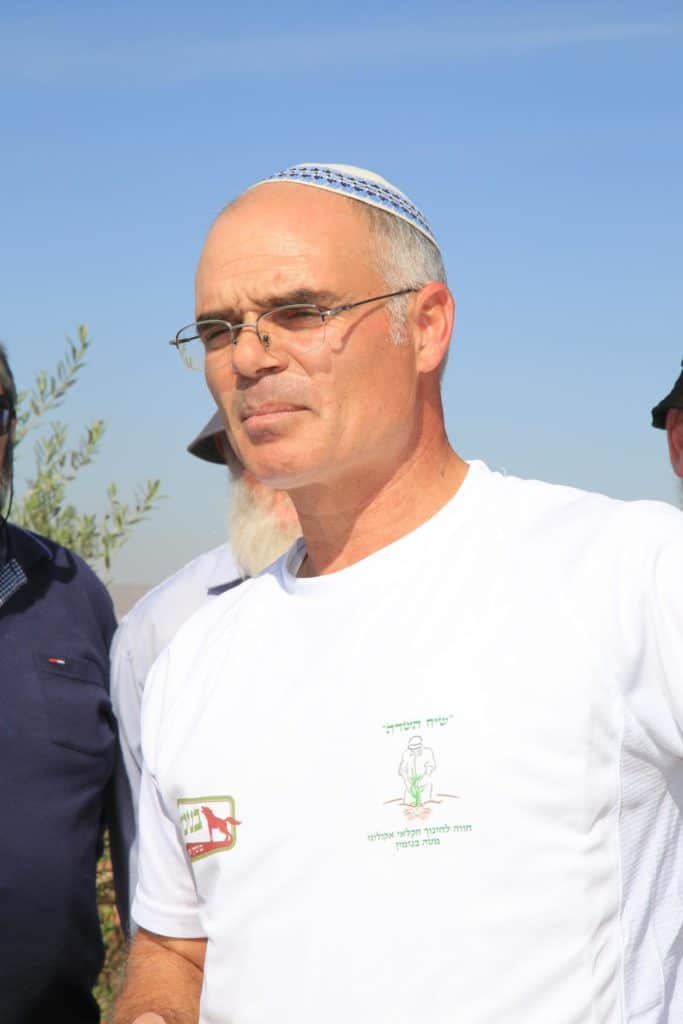
Yossi’s motto is taken from Rav Kook’s writings on the importance of separating the profane from the holy and then finding the holy inside the profane. In every child there’s a spark of holiness.
In every creation there’s a holy purpose.
At Siach Hasadeh nothing is wasted. Old suitcases, sinks, and bedframes serve as planters. Vegetable and fruit peels go into the compost. Plastic straws are combined with mud for building.
What happens to the children who come with an attitude? Some are so jaded from unsuccessful school experiences or so connected to their electronic devices that it’s hard for them to appreciate the magic of Siach Hasadeh. Usually Yossi will take them aside for a private conversation, show them some of the wonders of nature, and bribe them with a juicy homegrown strawberry or watermelon slice, if they agree to participate. Most of the time, this personal attention really works.
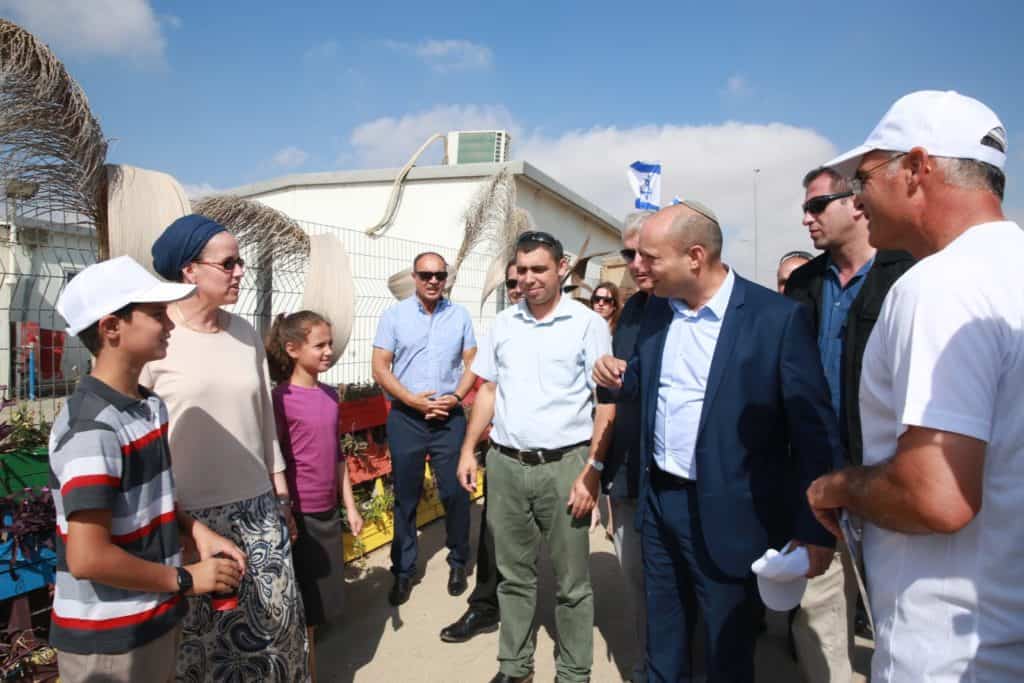
One mother was delighted in her son’s experience.
“My son always returned with a huge smile on his face as he showed me the newest plant he got to take home. He couldn’t wait to explain to me exactly how to take care of it. He was having a really hard time in school and this program offered him the opportunity to go outdoors, work with his hands and experience the process of nature. Being exposed to this natural growth helped him develop more patience and gave him hope that, in time, you can reap the benefits from the work that you do today. He left with a sense of accomplishment, pride, and a higher self-esteem, that I’m sure will stay with him forever.”
This week we celebrated Tu B’Shevat, the fifteenth of the month of Shevat, the New Year of the trees. We remember to appreciate all the wonders of nature and celebrate by eating the various fruits of the Holy Land. All over Israel, school children plant trees and look forward to reaping their fruits in the future. At Siach Hasadeh, the planting is not limited to only one day of the year. Sowing and reaping are a weekly reality for the children in the program.
Although most of the activities are held outside, there are also classrooms at Siach Hasadeh where they learn some of the nitty-gritty about ecology, botany, and animal husbandry. The most important classroom is the Beit Midrash, the Bible study center where the laws pertaining to the Sabbatical year, giving tithes, not mixing species, and more are studied. Each classroom is decorated with bright pictures and colourful verses, such as: “It’s an important commandment to be happy.”
The Ministry of Education supports eighty percent of Siach HaSadeh’s budget. To donate towards this happy place and help them continue with their holy work, kindly email Yossi at [email protected] or [email protected] and be sure to write “Donation for Siach Hasadeh” in the Subject Line.[/vc_column_text][/vc_column][/vc_row]

